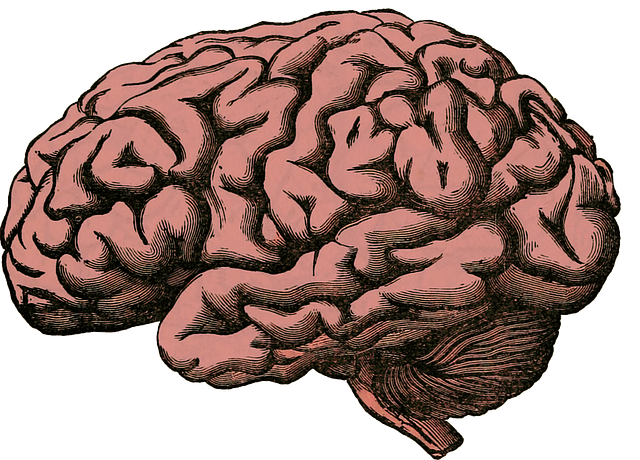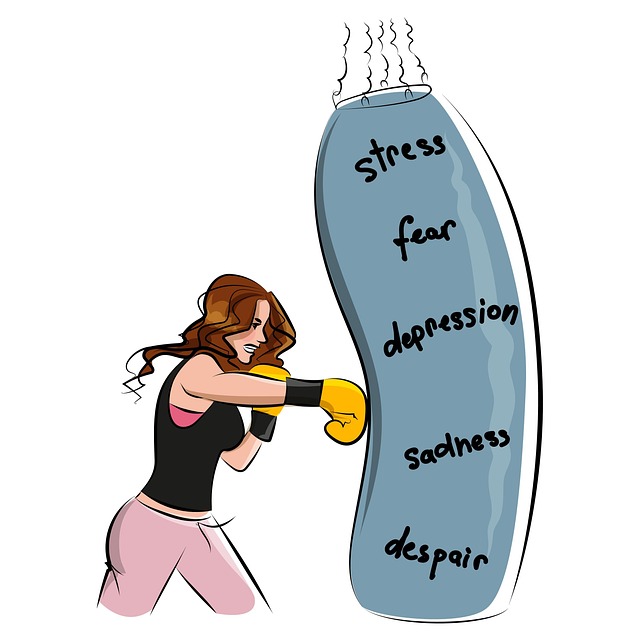Greenwood Village First Responders Therapy offers specialized programs focusing on emotional healing and positive thinking for emergency responders. Through self-awareness exercises, burnout prevention, and tailored mental health strategies, they enhance resilience and stress management. By integrating practices like gratitude meditations, affirmations, and journaling, the program promotes optimism and better coping mechanisms. Regular tracking of progress through goal-setting and app use ensures continuous growth and reduces stigma around mental illness.
In the realm of mental health support, Greenwood Village First Responders Therapy stands out as a game-changer. This unique approach leverages positive thinking exercises to aid individuals in overcoming trauma and stress. The article delves into the science behind positive thinking’s profound impact on mental well-being. We explore evidence-based strategies for designing and implementing effective exercises, along with successful implementation tips and methods for measuring progress. By understanding Greenwood Village’s innovative therapy, readers can unlock tools to foster resilience and enhance their overall wellness.
- Understanding Greenwood Village First Responders Therapy: A Unique Approach
- The Science Behind Positive Thinking and Its Impact on Mental Health
- Designing Effective Positive Thinking Exercises
- Implementing the Exercises: Strategies for Success
- Measuring Progress and Sustaining Positive Changes
Understanding Greenwood Village First Responders Therapy: A Unique Approach

Greenwood Village First Responders Therapy is a specialized program designed to support and empower individuals who serve on the front lines in emergency response and healthcare sectors. This unique approach recognizes the immense pressure and trauma that first responders often face, offering them tailored strategies for emotional healing processes. The therapy focuses on fostering resilience and providing tools to navigate through challenging situations, ensuring the well-being of these essential workers.
By prioritizing self-awareness exercises, the program aims to help participants understand their emotional responses and develop effective burnout prevention strategies for healthcare providers. This proactive approach is vital in addressing the often-overlooked mental health needs of first responders, allowing them to continue their crucial work with renewed energy and a sense of balance.
The Science Behind Positive Thinking and Its Impact on Mental Health

The science behind positive thinking is a fascinating exploration into how our thoughts directly influence our mental and emotional well-being. Research has shown that cultivating optimism and reframing negative thoughts can have profound effects on mental health. This process, often facilitated through practices like therapy at Greenwood Village First Responders Therapy, helps individuals build inner strength development by changing their mindset from one of adversity to one of opportunity. By focusing on the positive, individuals can improve mood management and stress management, leading to enhanced resilience in challenging situations.
Positive thinking exercises are not just feel-good strategies; they have been backed by numerous studies demonstrating their impact on brain function. These practices promote neural pathways associated with happiness and contentment, while also reducing the prevalence of stress hormones like cortisol. As a result, regular engagement in positive thinking techniques can lead to better coping mechanisms and overall improved mental health outcomes. This is particularly relevant for individuals looking to enhance their emotional resilience through Stress Management Workshops Organization programs that prioritize inner strength development.
Designing Effective Positive Thinking Exercises

Designing Effective Positive Thinking Exercises involves creating activities that cater to individual needs and preferences. At Greenwood Village First Responders Therapy, we understand the profound impact of positive thinking on mental well-being, especially for those in stressful professions like first responders. Therefore, our exercises are tailored to enhance self-awareness, foster emotional healing processes, and ultimately, improve stress management.
Effective exercises should be engaging and accessible, promoting a sense of calm and optimism. This could include guided meditations focused on gratitude, positive affirmations tailored to specific challenges, or creative outlets like journaling prompts that encourage reflection and transformation. Through regular practice, these self-awareness exercises can help individuals cultivate a more optimistic outlook, making them better equipped to navigate the demanding nature of their roles in the long run.
Implementing the Exercises: Strategies for Success

Implementing positive thinking exercises requires a strategic approach to ensure maximum benefits for individuals like Greenwood Village First Responders. One effective strategy is to integrate these practices into existing routines, making them a natural part of daily life. This could involve dedicating specific times for mindfulness or gratitude exercises, ensuring they become as integral as self-care routines. Encouraging peers and colleagues to participate together can foster a sense of community and accountability, enhancing the overall effectiveness of these sessions.
Public awareness campaigns play a crucial role in promoting the importance of mind over matter principles. By sharing success stories and highlighting the positive impact on mental well-being, these campaigns can inspire others to embrace self-care practices. Regular feedback mechanisms, such as group discussions or individual reflections, allow participants to track their progress and adapt exercises to suit their unique needs. This continuous development ensures that the therapy remains dynamic and relevant, catering to the evolving demands of first responders.
Measuring Progress and Sustaining Positive Changes

Tracking progress is a vital aspect of any positive thinking exercise. To sustain changes and foster continuous growth, it’s essential to have measurable goals and regularly assess one’s progress. This could involve keeping a daily journal to record thoughts, emotions, and achievements, or using dedicated apps designed for mood management, as seen in Greenwood Village First Responders Therapy programs. By quantifying improvements—such as reduced anxiety levels or increased productivity—individuals can better understand their journey and make informed adjustments.
The process of measuring progress also plays a key role in Mental Illness Stigma Reduction Efforts. When positive changes are observable and tangible, it becomes easier to dispel negative stereotypes associated with mental health struggles. Mind Over Matter principles, often emphasized in such programs, encourage individuals to take control of their thinking patterns and behaviors, ultimately leading to more sustained positive outcomes.
Greenwood Village First Responders Therapy offers a unique, science-backed approach to enhancing mental health through positive thinking exercises. By understanding the power of positive thought and employing effective strategies outlined in this article—from designing tailored exercises to measuring progress—individuals can navigate their thoughts and emotions more constructively. Implementing these practices consistently is key to sustaining positive changes over time, leading to improved well-being and resilience.














